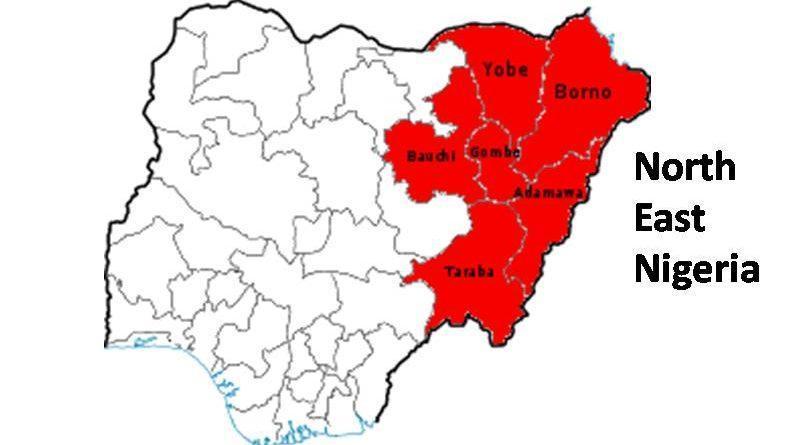Médecins sans frontières (MSF) raises alarm over escalating malnutrition crisis in Nigeria’s Northwest Region
In northwest Nigeria, the malnutrition crisis is getting worse, prompting the international medical organisation Médecins Sans Frontières/Doctors Without Borders (MSF) to step up its efforts while issuing a warning that the current humanitarian response is insufficient to prevent a potential catastrophe in the coming months.
In addition to the 10 inpatient facilities and 32 outpatient facilities that it already oversees in Kano, Katsina, Kebbi, Sokoto, and Zamfara states, MSF has launched three additional outpatient therapeutic feeding facilities.
MSF staff in northwest Nigeria treated 10,200 very underweight kids who had medical problems inpatiently between January and May of this year. They also accepted 51,000 kids into their outpatient feeding programmes. Inpatient admissions, which were already extraordinarily high, increased by 26% from the same period in 2022.
Admissions are predicted to increase again this year. Although the “lean season,” or the time between harvests when food supplies are short, which in Nigeria lasts from May to August, has just started, many MSF treatment facilities already have 100% of their beds occupied.
According to MSF’s medical coordinator Htet Aung Kyi, the number of malnourished children that we are currently receiving at our facilities is a solid indication that as the lean season progresses, there will be an increase in cases.
Some of Nigeria’s poorest health statistics are found in the northwest. An worrisome nutritional condition has become a full-blown crisis as a result of rising levels of violence in recent years. Armed groups frequently invade communities, plunder the locals’ possessions, and kidnap them for ransom. Many locals have left their houses in search of safer locales. Others have remained, but they are unable to go to their farms or workplaces because of the escalating unrest. The risks of travelling on dangerous roads make it difficult for those who require medical attention to get to health facilities and hospitals.
Children who recover from malnutrition and are sent home, according to MSF teams, frequently need to be readmitted later because their families struggle to provide them with enough food to maintain their health. This keeps kids mired in a cycle of starvation that is hard to break free of.
Sadiya, whose child was treated for malnutrition at MSF’s therapeutic feeding programme in Katsina, says, “We eat when we have food, but there are days when we go hungry, and sometimes the children have to beg for food.”
The Nigerian Bureau of Statistics estimates that 78% of people in northwest Nigeria are subsistence farmers. Many children lack access to or are unable to afford healthcare, and many have never had a childhood vaccination against common diseases. International aid to the area is quite scarce. All of these elements have a hand in the rising tide of malnourished kids in desperate need of medical attention.
Northwest Nigeria lacks the attention and assistance necessary to put up a lifesaving response, which must include preventive measures like food distributions and increases in food security, as well as the early identification of malnutrition patients and prompt treatment. This is true despite the crisis’s rising severity. MSF calls on the Nigerian government and regional health authorities to take immediate action to stop a catastrophic loss of life in the coming months and asks all relief agencies operating in the nation to scale up their humanitarian response.
Since 1996, MSF has conducted operations in Nigeria. Currently, its staff are working in 10 inpatient therapeutic feeding clinics and 35 outpatient therapeutic feeding centres in the states of Kano, Katsina, Kebbi, Sokoto, and Zamfara to address the health and malnutrition crises in northwest Nigeria.
A 120-bed acute therapeutic feeding facility and an outpatient therapeutic feeding programme are being implemented by MSF in Maiduguri, Borno state, in response to the malnutrition situation there.
In Nigeria last year, MSF staff treated 28,000 severely malnourished children inpatiently and enrolled 175,000 kids in its outpatient feeding initiatives.




